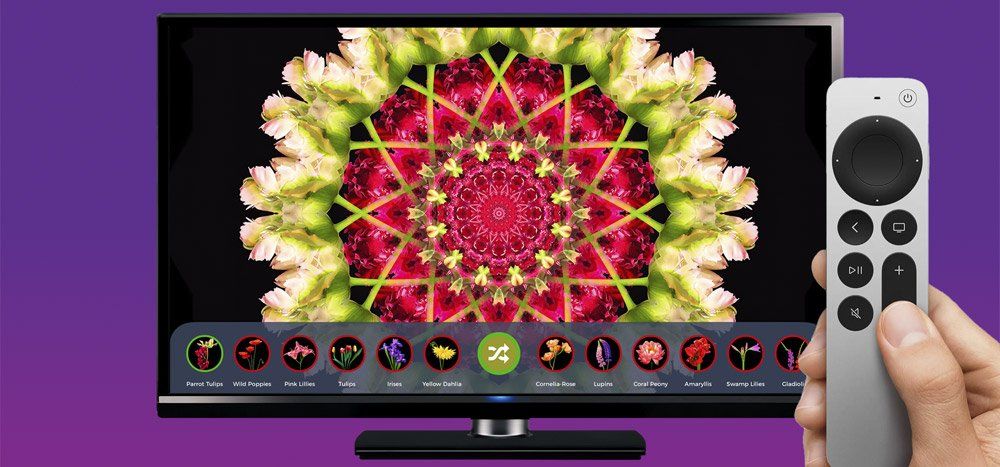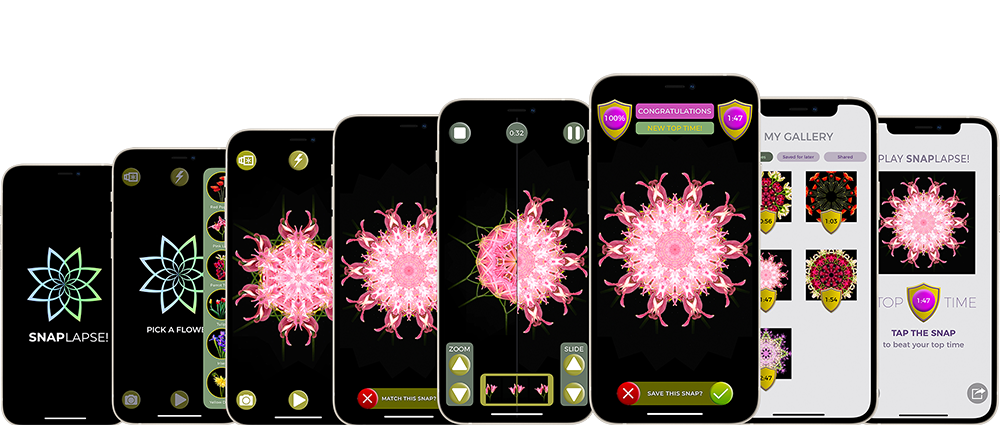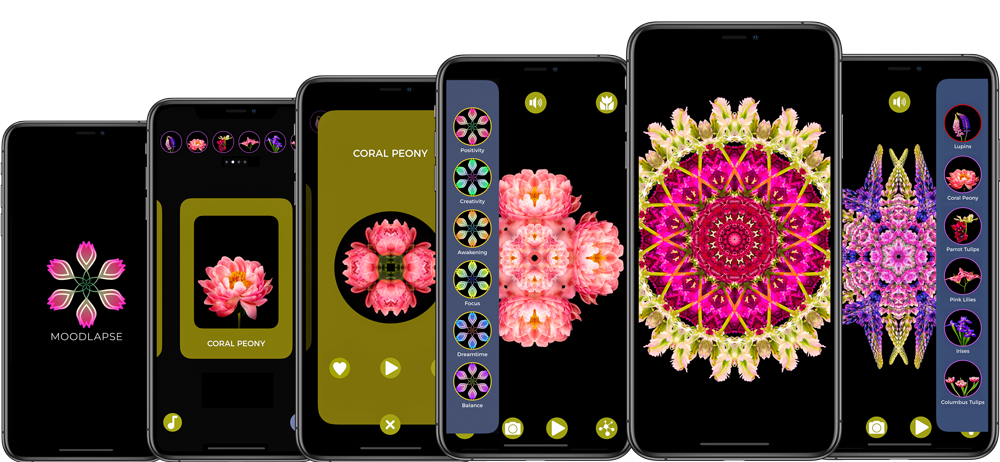Biophilia through music from plants
Our connection with plants may be deeper than we thought.

Photo © Carol Sharp
Its now accepted that plants in homes and workplaces help to reduce stress, increase productivity and improve air quality. Being near trees and plants significantly improves our physical, mental and emotional wellbeing.
It is also increasingly recognized that plants are highly sensitive organisms that perceive, assess, learn, remember, resolve problems, make decisions and communicate with each other by actively acquiring information from their environment. The sophisticated behaviours plants exhibit
reveal cognitive competences, which are generally attributed to humans and some animals.
Contact with plant intelligence provides deeper insight into ourselves, and the world around us. A personal connection to nature inspires us to create a world where the environment doesn’t need protecting because it is an integral part of who and what we are and we just care for it as a part of daily life.
In times gone by when nature was perceived as alive, and in indigenous cultures today, there is a natural connection and bonding with plants, akin to the relationship you would have with your pets. Scientists are now calling this genetically encoded relationship, Biophilia, an idea proposed by EO WIlson in his 1984 book.
A device has been developed that can read the electromagnetic vibration of a plant and translate it into music. Encountering this encourages people to go beyond traditional ways of thinking and expand their awareness of how they relate to plants, trees and nature in general.
Sensors put on the leaves monitor the electromagnetic conductivity of a plant, this is received by a circuit board programed through an algorithm to detect change.
This then outputs MIDI notes (chromatic) in proportion to the amount of change recorded which is then put through a synthesizer, translating it into sound. Each note that is produced is proportional to the difference in conductivity between a Baseline and the measured change.
Plants are conductive and so are we, so when we touch the plant we affect the signal. They also respond to other sounds and music in the vicinity.
Studies show that hearing these sounds from plants and trees triggers the release of the hormone oxytocin in us. Sometimes called the love hormone, it initiates the restorative response in the body, bringing our entire system – physically, emotionally, mentally and spiritually – into balance.
Then biophilia – an innate love for the natural world – is reached, and we can easily understand and know, from the centre of our being, that we are part of a vital, interconnected web of life in which everything and everyone is connected.
Article © Carol Sharp
••••••••••••••••••••••••••••••••••••••••••
Carol Sharp is an award winning photographer and fine artist, renowned for her lyrical composition, attention to detail and her delicate touch with light.
Her images reveal what Goethe called the ‘gesture’ of plants, and she explores abstract concepts using nature as metaphor.
As more evidence unfolds about plants ability to connect with each other and with the wider world, she questions our relationship with plants and our perception of nature as a whole.
See more of her beautiful work here











